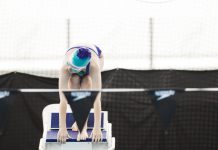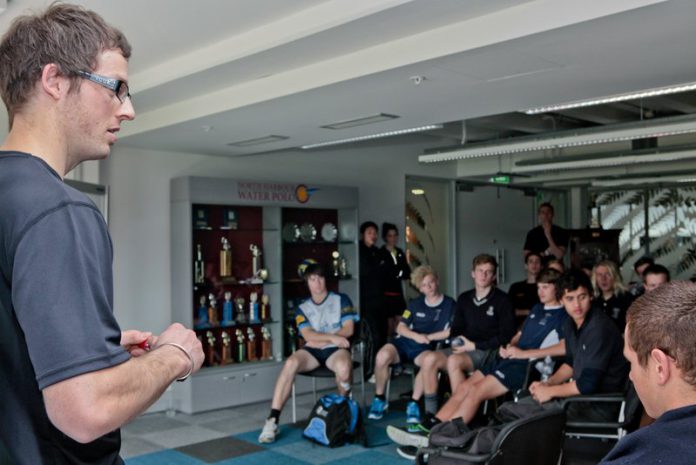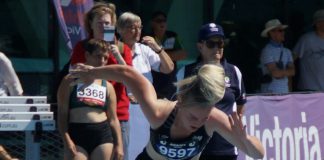Goal-setting is a popular practice. It’s used by coaches, teachers and physical education students to come up with things that they want to achieve in their lives. In many cases, the S.M.A.R.T. (specific, measurable, attainable, realistic, and time-lined) goals-setting process is encouraged, and by doing so all the emphasis falls on achieving an outcome. However, there are 2 major problems with this:
-
Goals suggest that you can control things that you, in fact, have no control over.
Every time we set a goal, we attempt to predict the future. We try to plan out where we will be and when we will make it there, even though we have no idea of what circumstances or situations will arise along the way. For the youth athlete in particular their world is changing every day with the uncertainty that growing up brings.
-
Goals can actually get in the way of long-term development.
After setting a time-bound goal, and working incredibly hard to achieve it, what is left to continue to motivate and push you forward after you achieve it? Consider a young athlete training to make a representative team to play a tournament. They may work hard in the few months leading up to selection, but things fall away once they have made – or at least until the same chance presents itself the following year. That’s 6 months of lost opportunity to get better.
When it comes to developing as an athlete (and person) there is a better way. It’s common for a great goal (in theory) to be set, but never achieved. Why? Because the right process was never put in place to change the behaviour required to reach it. It’s crucial to focus more on what an athlete needs to do to achieve something, rather than what they actually want to achieve. Here is why.
 Learning is at the heart of achievement. And to learn something new, you need to do things differently than what you’re currently doing. For example, every coach knows that a big part of new skill acquisition is repetition. If you want to get better at something, you need to do it more often. Right? But what happens when the right behaviour to do so doesn’t exist in the first place? An athlete must first change their behaviour (i.e. form a habit) before repetition can even be possible.
Learning is at the heart of achievement. And to learn something new, you need to do things differently than what you’re currently doing. For example, every coach knows that a big part of new skill acquisition is repetition. If you want to get better at something, you need to do it more often. Right? But what happens when the right behaviour to do so doesn’t exist in the first place? An athlete must first change their behaviour (i.e. form a habit) before repetition can even be possible.
Let’s take netball shooting as an example. Say a youth netballer has identified that to improve her game she needs to increase her shooting accuracy, and so sets the following goal – to improve my shooting accuracy in games by 5% over the next 8 weeks of the season.
OK, this all sounds very good. However, here’s the problem. The athlete’s current behaviour involves no dedicated practice time outside of teams training’s assigned to improving her shooting. And given the time of the season, the content of her team training’s is not catering for much shooting repetition – at least not the amount of repetition needed to improve. And what’s more, they don’t have a good understanding of why their shooting accuracy is poor in the first place. So what happens? My guess is that this goal won’t be achieved. Not because it’s a poorly set goal, but because the focus wasn’t on the ‘doing’ part.
So then, what’s the solution to sustained success and thus long term development? It’s not about forgetting goal-setting altogether. The practice, done correctly, is important and should continue. But athletes need to commit to the process involved in getting better, far more than the goal itself. The key question for them becomes:
“How am I going to change my behaviour to get better?”
They need to spend time understanding and planning realistic actions the will lead to a change in their behaviour. Their focus should be on taking incredibly small steps, not to achieve results at first, but to prove to themselves that they are capable of achieving success. If they start small, results will come as they develop successful processes. Here are 2 examples of how the netballer wanting to develop her shooting accuracy can make this work.
- What? Become the type of netballer who shoots every day.
How? Spend 10 minutes shooting at lunchtime every day at school.
- What? Become the type of netballer who asks for feedback on their shooting.
How? Talk to the coach after every game about how they can improve their shooting accuracy.
If athletes want to become better at something, putting good processes in place is far more important that setting a goal itself.






































